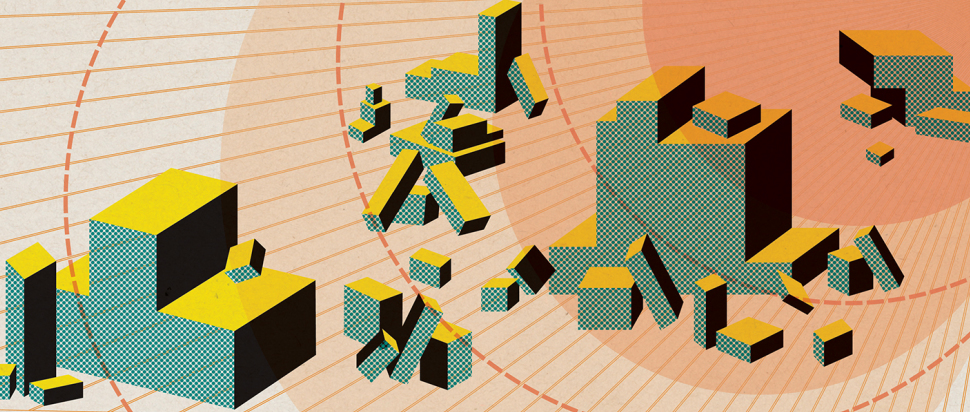Cyber Queers: Digital communication and community
This month's columnist considers what makes up online queer communities
“How’s today going?”
“BAD...You?”
“ALSO BAD.”
And so goes an online conversation between friends, each feeling a little better after the mutual confession that both feel like shit.
Over the years, I have found that so many of my friendships are sustained online, especially the queer ones. Though more privileged persons would like to forget, it’s a fact that for queer people, the audacity to live as your true self in the real world isn’t always greeted warmly. The digital world can act as a safer space for self-expression, which leads to conversation, which in turn becomes community. In whatever capacity that suits you best.
For me, queer community is not large scale. It is a collection of individual friendships, folded neatly into messenger inboxes that belong to me and a handful of people that live thousands of miles away.
In these inboxes we bridge a gap.
“Did you watch…?”
“How did it go?”
“Are you safe?”
“Yes, 4pm your time is good for me.”
I send messages to Cairo, San Francisco, London, Hong Kong. Whether instantly responded to or left for days, unread, they are evidence of care and consideration. Queer community, in all its iterations, isn’t just about figuring out the mechanisms of identity, it’s about reliability. Providing stability for one another in the most destabilising of societies. A message, even an unanswered one, is proof that we are here, in it together.
“I think I could be...”
“I told her I was…”
“When did you know you were…?”
We trade in the crypto-currency of “extremely personal” and “deeply intimate”. A long list of digital timestamps act as a tracking graph of therapies and trauma. Now shared, cybernetically. The point is to share. And to share again. And again. And again. I am becoming well versed in turning the cybernetic into symbiosis.
“Will you be awake in 30 mins?”
“Yes.”
“I need you to read something.”
…
“Still awake?”
“Yes.”
“Thank you.”
